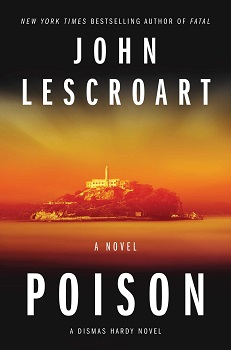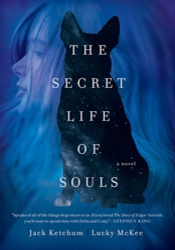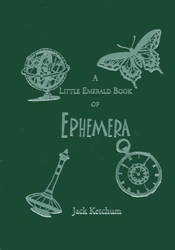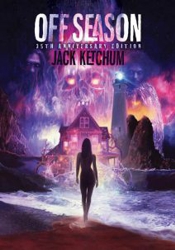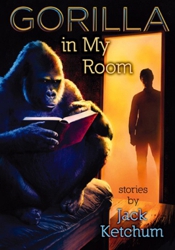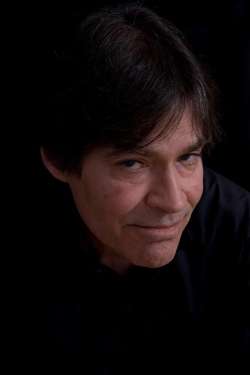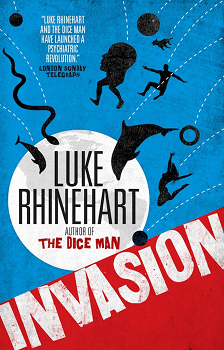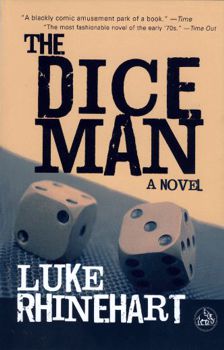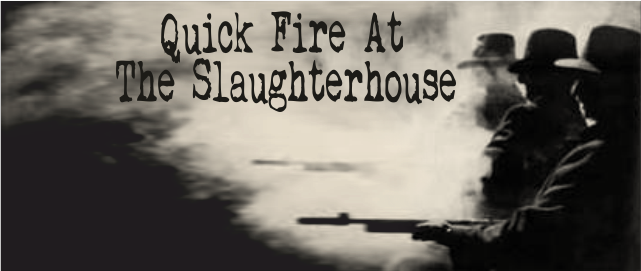
John Lescroart is a New York Times bestselling author known for his series of legal and crime thriller novels featuring the character Dismas Hardy. His novels have sold more than ten million copies, have been translated into twenty-two languages in more than seventy-five countries, and fifteen of his books have been on the New York Times bestseller list. In addition to more than twenty novels, Lescroart has written several screenplays, and appeared as a contestant on the game show Tic Tac Dough in 1979, as well as on Joker’s Wild, Blank Check and Headline Chasers. Under Crow Art Records, Lescroart has released several albums, including a CD of piano versions of his songs performed by Antonio Gala. He has for some time been writing and living in Davis, California. He is an original founding member of the group International Thriller Writers. He has a new novel out, ‘Poison’ and it sounds like another great one.
John met me at The Slaughterhouse, where we talked about his new release and crime fiction.
Tell us about Poison
After FATAL, a stand-alone book with all-new characters, I felt I was ready to return to my old friend Dismas Hardy. When last seen, he was recovering from a couple of gunshot wounds, and so it didn’t make sense to me to jump from his active life in THE FALL to another adventure. So I gave Diz a year off. And — as often happens in these kind of situations, suddenly I discovered that Hardy was ready to get back in the game, but with some growth issues to deal with. His son, Vincent, was by now a functioning adult, working at Facebook, and very much into the millenial lifestyle. Also, having nearly lost Diz to a disgruntled client in THE FALL, Frannie’s patience has grown very thin around Hardy’s job as an attorney. She wants him to quit the defense world, and sooner rather than later. And Diz is inclined to agree with her — enough of this living in danger all the time. Who needs it? It would be far better to simply retire.
But of course, being Dismas Hardy, he can’t really justify turning down a former client of his, 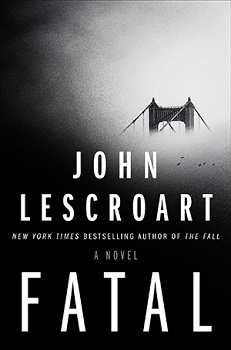 Abby Jarvis, when she becomes the prime suspect in the murder of her boss, Grant Wagner. And almost before he realizes it, Diz finds himself knee-deep in intrigue with Mr. Wagner’s family — four children (the “G-team”) and one step child. As Hardy closes in on what appears to be the truth behind Grant’s poisoning, several other apparently unconnected murders raise the stakes dramatically, until Frannie issues an ultimatum that Hardy has to bail out on his client Abby . . . now! And meanwhile, Vincent”s circle of friends seem to draw him into the vortex of Hardy’s investigation. Which is not a safe place to be.
Abby Jarvis, when she becomes the prime suspect in the murder of her boss, Grant Wagner. And almost before he realizes it, Diz finds himself knee-deep in intrigue with Mr. Wagner’s family — four children (the “G-team”) and one step child. As Hardy closes in on what appears to be the truth behind Grant’s poisoning, several other apparently unconnected murders raise the stakes dramatically, until Frannie issues an ultimatum that Hardy has to bail out on his client Abby . . . now! And meanwhile, Vincent”s circle of friends seem to draw him into the vortex of Hardy’s investigation. Which is not a safe place to be.
POISON gave me the opportunity to go back to my roots in terms of murder mysteries. I winnowed out much of the courtroom stuff and instead followed the trail of clues and alternative suspects, and mixed in a lot of the “family stuff” until I felt I had all the ingredients for a classic whodunnit. I really loved writing POISON, and hope readers will enjoy every page, as I did.
How would you like to be remembered as an author?
I would like to be remembered — if it’s still a bit premature to ponder this issue! — as an author who has created an entertaining and memorable cast of characters set in a fictional universe that resonates in the “real world.” My novels are very much based on real issues that continue to play out in modern life, and this is what I think makes the books compelling. As a stylist and writer, I would hope that my books would somewhat blur the line between literary work and mystery fiction, fun to read and yet with something — if it’s not too grand a word — important to say.
Is crime fiction too narrowly categorized by the industry?
Actually, I think that crime fiction has very much found it’s place in the publishing world. It is thriving now as never before. There are those who contend that there is a chasm between “serious” literature and crime stories, but these nay-sayers are refuted by the skill and talent of today’s mystery practitioners, many if not most of whom write with elegance and elan, and manage to throw in moral concerns, terrific plotting, suspense, and fantastic character development. Crime writing, in short, is here to stay. And this is how it should be.
What else is on the cards for you?
I’m very much looking forward to the next Dismas Hardy/Abe Glitsky book, THE RULE OF LAW, which is being published by Atria in January, 2019. Beyond that, I’d like to keep my readers in suspense as to what comes next. We’ll just have to wait and see.
Thank you John for giving an informative and great interview.
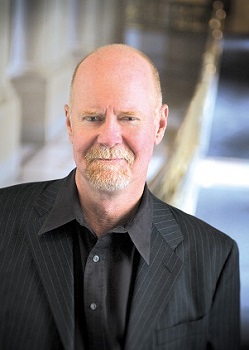 Get a hard copy of POISON at Amazon US and UK, Barnes & Noble, Simon & Shuster, Indiebound, and BAM
Get a hard copy of POISON at Amazon US and UK, Barnes & Noble, Simon & Shuster, Indiebound, and BAM
Get POISON eBooks at Apple, Amazon US, Barnes & Noble, Simon & Shuster, and Google Play
And POISON audio books at Amazon US and UK, Barnes & Noble, and Simon & Shuster
John’s stand-alone, FATAL, can be found at Amazon US and UK, Barnes & Noble, Simon & Shuster, Indiebound, BAM and for a signed edition go to VJ Books
Click HERE for eBook and Audio book buy links for FATAL.
Visit John’s website for information on all of his books and current events
Find him on Facebook and Twitter

